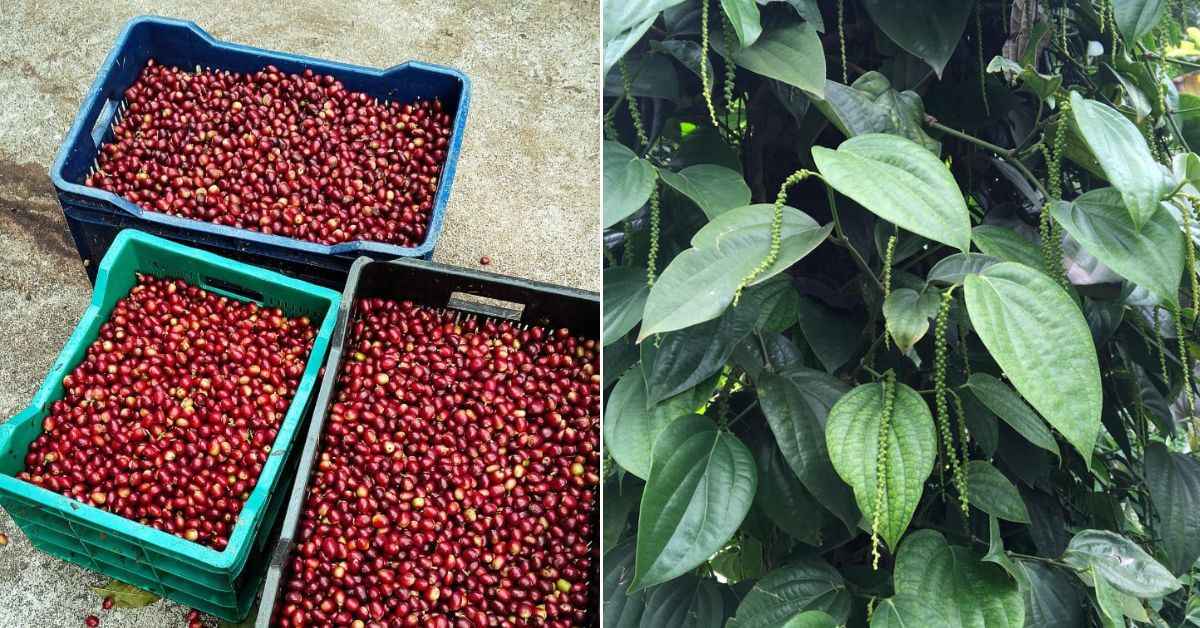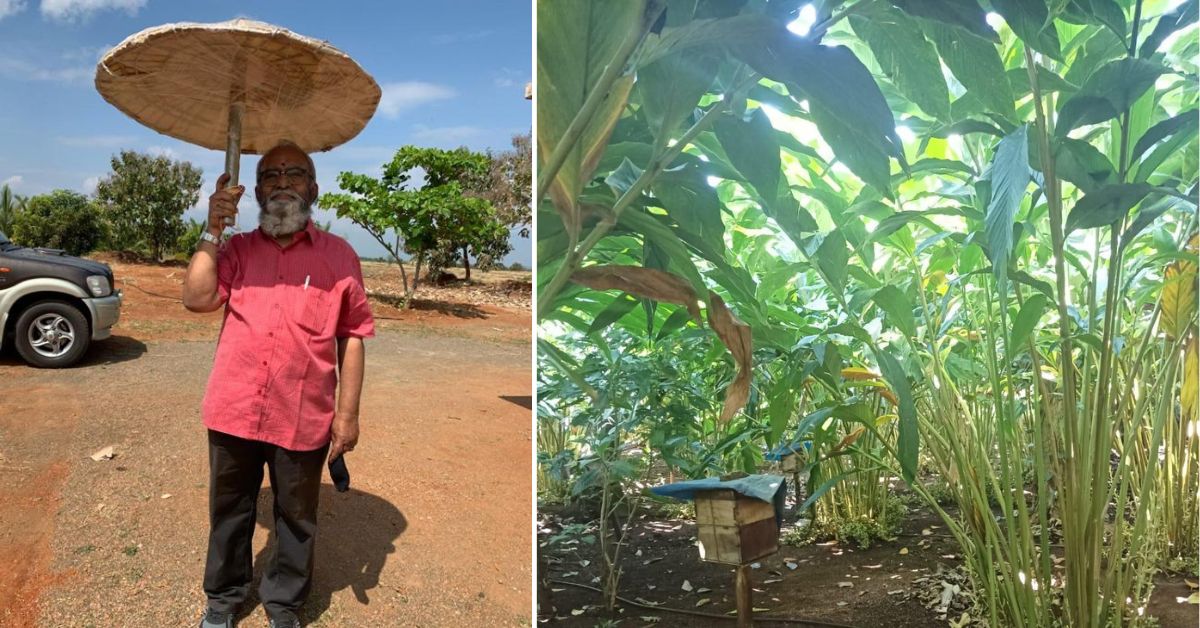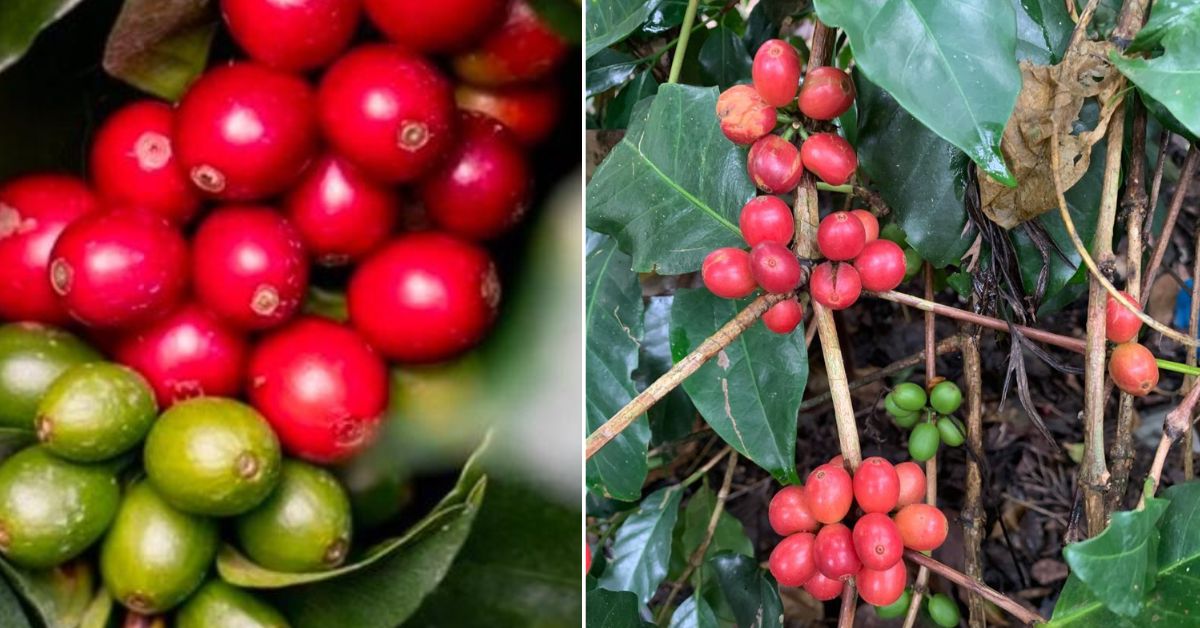Table of Contents
For years, Chennai-based HR Iyer’s life was defined by steel products, precise measurements, and the sharp smell of industrial oils. As a mechanical engineer, he built his own business, supplying import-substitution equipment for the country’s oil industries.
Yet, something was amiss.
The long working hours, rolling digits in bank accounts, and the monotony of calculated forecasts failed to offer the fulfilment he yearned for. Beneath his professional façade, a quiet curiosity had been kindling — a fascination not with metal, but with the earth. And it all began serendipitously.
Advertisement
Within his factory walls, Iyer ran a canteen as a goodwill gesture to his employees, offering free meals. The joy of providing soon made him reflect on the quality of food he served.
“I asked myself: What if I could grow the vegetables myself, in a way that ensured purity and tasted like nature intended?”
This thought led the 78-year-old to begin a small organic farming venture, growing vegetables for the canteen. The results amazed him and his employees alike.
“Fresh vegetables had a flavour unmatched by any commercial produce,” he recalls.

One day, a chance visit to a serene plantation tucked away in the hills of Tamil Nadu changed everything. It wasn’t the lure of business or profit that caught Iyer’s attention, but the tranquillity of nature, whispering promises of peace and purpose.
“As I wandered through the lush green corridors, I felt a connection with the earth beneath my feet. The plantation was a stark contrast to the industrial backdrop I was accustomed to,” he says.
Advertisement
Before long, the essence of organic farming drew him further in. And so, at the age of 73, Iyer made a bold decision. “Enough is enough,” he declared one fine morning. After working in manufacturing for 51 years, he shut down his factory to become a farmer.
Trading noise for the whispers of nature — and classical music
In 2021, leaving the engineering industry behind, Iyer bought an 18-acre plantation in the lush hills near Kodaikanal.
“The tranquillity here, far from the noise of my old life, was beyond words,” he says.

The land was both a challenge and an opportunity. Some sections were lush with growth, while others lay barren. His first task was to transform the soil.
“We spent months tending to it, nourishing it with organic matter, eliminating traces of past chemical residues, and restoring its natural balance. The work was laborious but fulfilling,” he adds.
Iyer immersed himself in the science of organic farming, travelling across the state to learn from experts and experimenting with innovative methods. His plantation became his classroom. He nurtured the land until it became a fully organic farm.
Advertisement
“I don’t allow any chemicals or plastics,” he says proudly.
Recounting a memorable incident, Iyer chuckles:
“Once I received a call from my head gardener. His voice was fraught with panic. ‘Sir, there’s an invasion!’ My mind raced — a locust swarm? A mutant fungus? The suspense was unbearable. Then he said, ‘There are worms, thousands of them!’ Worms? Did we need pest control? But he explained they were earthworms, so many that he couldn’t even walk without stepping on them! I burst into laughter.”
The tiny creatures, far from being pests, were a sign of healthy soil — proof that his organic methods were working.
Alongside soil care, Iyer prepares his own cow-dung fertilisers, including jeevamrut (liquid manure made from dung and urine) and panchagavya (made from five cow-related products: milk, curd, ghee, dung, and urine). He even introduces music therapy, playing calming classical instrumental sounds to the plants.

Challenges on the farm
The transition from industry to farming, however, was far from easy.
Advertisement
“I invested heavily in soil improvement and electrical fencing to protect the plantation from elephants, boars, and wild buffaloes. Training workers to follow organic methods required strict discipline, supported by detailed instructions. Procuring native cows for bio-inputs was another struggle, while logistics meant long and costly journeys to the nearest town. Introducing innovative practices, such as colour-coded wristbands for harvesting ripe berries, helped ensure quality,” he says.
“Financially, the first couple of years were a total loss, mainly because I was unable to find customers who truly valued quality. Even those who did buy often failed to pay me. That difficult time taught me an important lesson — to sell only to customers who appreciate quality and pay upfront. This decision turned the tables, and from the third year onwards, I began making a profit,” he adds.
A life post voluntary retirement
Within one and a half years, Iyer’s perseverance began to yield results: coffee plants bore aromatic beans, cardamoms released their fragrance, and black pepper thrived under the canopy of organically nurtured soil.
“This is happiness,” Iyer thought, as he saw his hard work manifest in the vibrant life of his crops.

Today, he often commutes between Chennai and his farm in Kodaikanal. His plantation is managed by four permanent staff, with around ten daily wage workers hired as needed.
One of them, Vimal (35), explains: “Each morning, I start by turning on the music system, then collect cow dung and urine to prepare panchagavya, and oversee the drip irrigation. I assign tasks to the workers and monitor progress throughout the day. We usually wrap up by 4:30 in the evening.
Advertisement
Learning organic practices here hasn’t been difficult — it’s been fulfilling. What truly inspires me is the way Iyer manages the farm. Despite his age, he remains active and deeply involved. His commitment motivates all of us.”
For Iyer, this shift was not just a career change but a life realignment. His days now begin with the sunrise, not industrial deadlines. He sips coffee grown on his own farm, savouring simplicity over speed.
At an age when many prefer the comfort of retirement, Iyer remains dynamic. He says his family were the backbone of his journey.
“Although my sudden decision to shift into farming initially shocked them, their support soon became my greatest strength. My wife and daughter quietly shouldered the emotional and physical burdens that came with starting afresh, never letting me feel alone.
Relatives outwardly appreciated my decision, but many were sceptical about pursuing such a venture at my age. Yet, my focus kept me going. Over time, my wife and daughter began to enjoy the farm I had built, and their wholehearted encouragement gave me the confidence to move forward with determination.”
Reflecting on his journey, Iyer smiles: “I left behind the predictable world of steel and mechanics, but what I gained is far richer. I earn about Rs 5 lakhs in profits a year, and though I still live partly off my savings, I have no regrets. It is never too late to follow your passion. I embrace this new life post-retirement.”
All images courtesy: HR Iyer.


